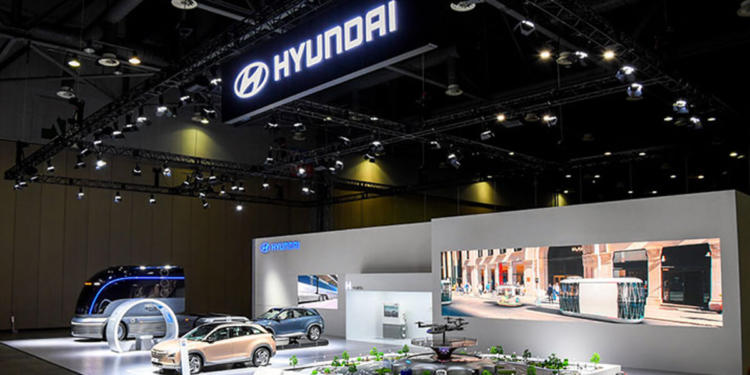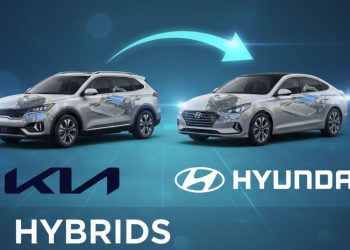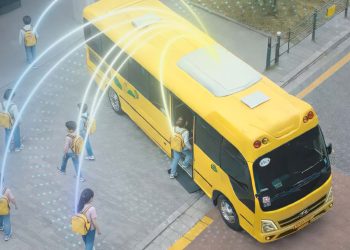South Korea launched the world’s first hydrogen mobility show as it seeks to develop into a world leader in hydrogen vehicles and other related industries on Wednesday. The Korea Automobile Manufacturers Association hosted the H2Mobility + Energy Show at an exhibition center in Ilsan, Seoul.
Over 100 companies and research institutions attended the show to pursue hydrogen-related business opportunities, exchange ideas, and discuss various application methods.
Prime Minister Chung Sye-kun stated that the government would offer subsidies to consumers to encourage hydrogen fuel-cell electric vehicles and other related businesses during the inaugural ceremonies.
The H2Mobility + Energy Show presents a thorough view of the global hydrogen industry network, starting from production and storage to transportation and mobility.
South Korea insistently wanted to decrease its dependence on conventional energy sources such as fossil fuels and move toward sustainable energy resources.
The prime minister said that the government targets to produce hydrogen energy by using more than 30 percent of the extra electricity generated based on renewable energy sources from 2040.
Processing liquefied natural gas and industrial by-products produce hydrogen. A hydrogen fuel cell electric car discharges water vapor as it transforms it into electricity to run the motor.
By 2030, South Korea projects to double its share of the world’s all-electric and hydrogen-powered vehicle market to 10 percent. The government intends to invest 2.2 trillion won ($1.9 billion) to facilitate autonomous cars and zero-emission throughout the country. The government urges the private sector to separately invest 60 trillion won ($50 billion) in future vehicles and related technologies.
Hyundai Motor Group Showcases Mobility Solutions
Hyundai Motor Group would procure 41 trillion won ($34 billion) of the 60 trillion won ($50 billion) private investment under the government’s future mobility plan.

During the H2Mobility + Energy Show, Hyundai Motor Group showcased its hydrogen and mobility solutions with the HDC-6 Neptune and Nexo, a hydrogen fuel-cell EV. The HDC-6 Neptune represents the company’s vision for a zero-carbon emission fuel cell truck.
Hyundai intends to launch the HDC-6 NEPTUNE within the next three to four years focusing on the development of an enhanced fuel cell system with high durability and power, adjusted for heavy-duty trucks.

Last 2018, Hyundai stated that it would inject 7.6 trillion won in facilities and related research for hydrogen cars by 2030. The company said that it aims to produce 500,000 hydrogen-powered vehicles by 2030.







